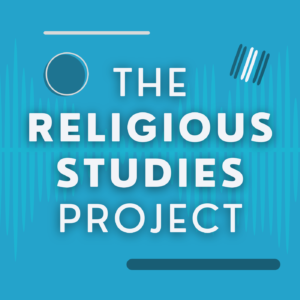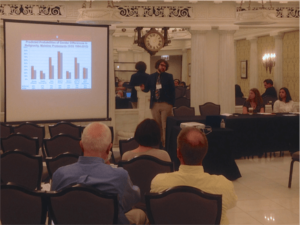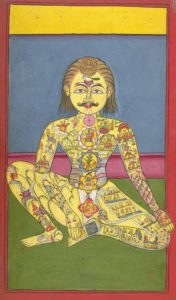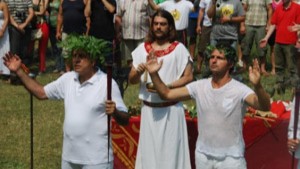
Resisting Conformity at the Margins of Marginal Christianity
Acknowledging the difficulties surrounding the identification and definition of a subject of study that is not only deliberately diverse but also intentionally resistant to definition, Ganiel and Martí nonetheless discern within emerging Christianity a distinct religious orientation built around the practice of deconstruction.
In what her interviewer has reckoned to be the first Religious Studies Project podcast to focus solely on the study of an expression of contemporary Christianity,…






